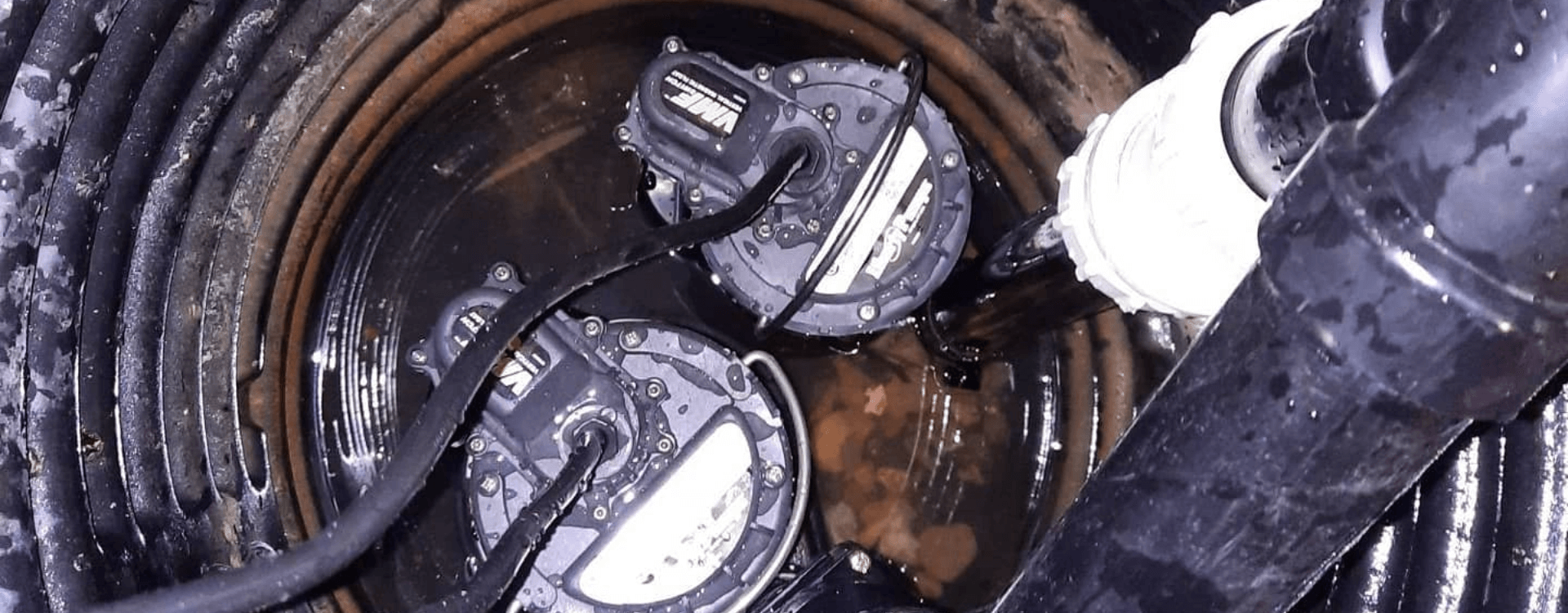A professionally installed septic system will last for up to 30 years on average. That lifespan can be affected by a few variables. First off, long-lasting septic systems are those that were properly built and are well maintained.
Outside of installation, the following factors will play a major role in its lifespan:
The number of people – On average we rate each bedroom as producing about 500L of water per bedroom every day. This mean that the more bedrooms you have, the more wastewater your septic system will need to handle. If the septic tank receives too much water at once, the wastewater might be forced out of the septic tank and into the drain field before the bacteria finish breaking down the organic waste or before the other solids settle down. If these solids end up in the drain field they may cause the system to fail prematurely.
The products you use – many household cleaning products have chemicals that can be toxic to the bacteria needed in your septic system. The more a homeowner uses these harmful products, the more the septic system is affected.
Soil quality – the quality of soil will determine how durable your septic tank is. Highly-acidic groundwater can corrode a concrete septic tank faster. This is why a qualified septic designer and expert should inspect your property in order to recommend the best septic system to install.
The 20-30 year period is the national lifespan average of septic systems in Canada. Your septic system can last up to 50 years or more depending on the soil conditions and how well the owner takes care of it.
How long does a septic system drain field last?
A well-built and properly maintained drain field should last for at least 20 years. But there are some factors that determine exactly how long the septic drain field will last. These are:
How it was installed – the details of the installation of the leach field will determine its lifespan as well as the depth of the water table, dimensions of the leach field, and even the type of gravel used.
Effluent discharge system – the way that the septic system discharges effluent can determine how long the drainfield will last. Some discharge methods might overload the drainfield with too much wastewater and this reduces the percolation rate.
Soil conditions – the soil condition affects the rate of percolation in the drainfield area and if the percolation rate is not too good, the drainfield will not last long. Other important soil conditions include seasonal flooding, surface runoff, and groundwater levels.
Maintenance – a septic drain field that is maintained regularly lasts longer than the one that is neglected. Maintenance includes pumping the tank every couple of years and even taking additional steps to add healthy bacteria to your system.
Why do septic systems fail?
The septic tank is responsible for holding the wastewater discharged from your home. In the tank, the solid organic waste separates from liquid wastewater. Solid particles settle at the bottom of the tank forming the sludge while grease rises to the top forming the scum layer. As effluent flows from the tank into the drain field, some solids escape with the wastewater and over time, these solids cause the leach field to clog up. The mucus layer that anaerobic bacteria produce to stay alive will also spill into the leaching field causing a bio-mat build-up.
A clogged leach field cannot take effluent and this leads to backups, odours and gross, smelly lawn.



